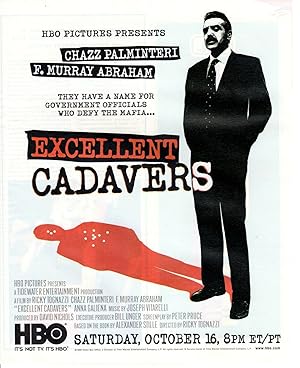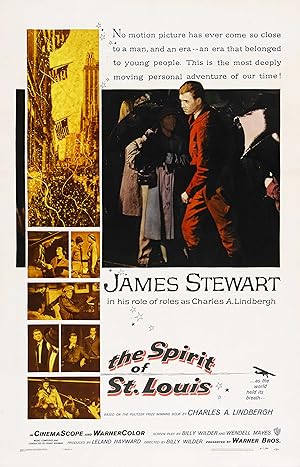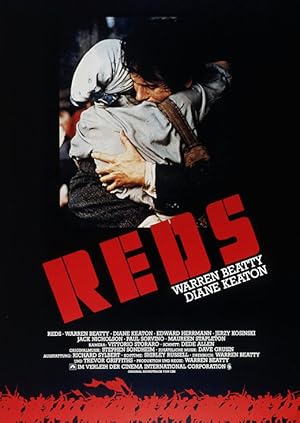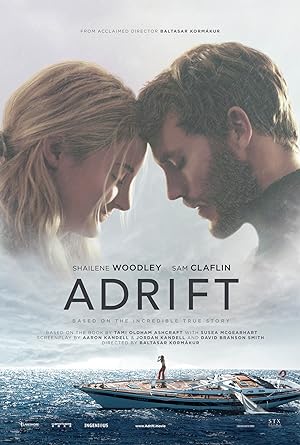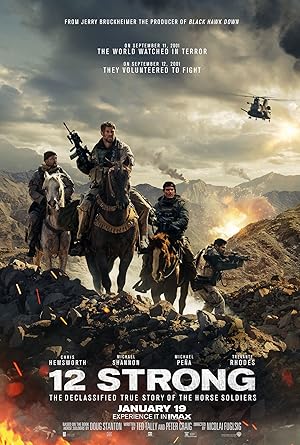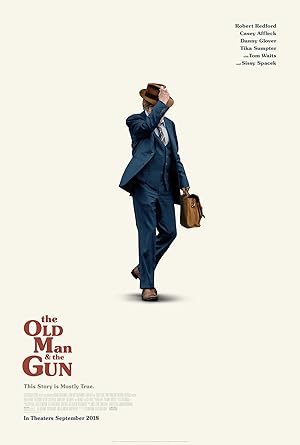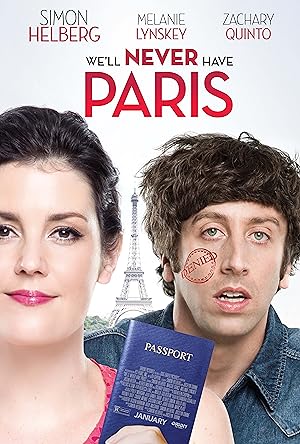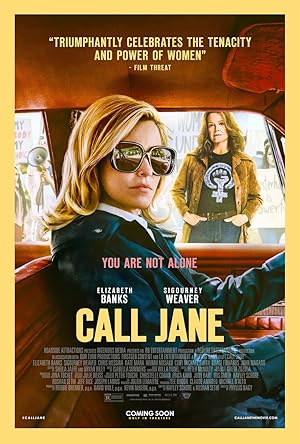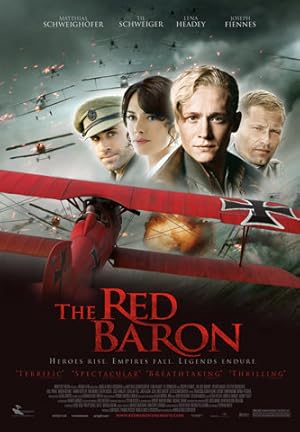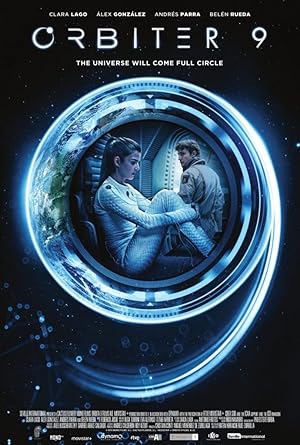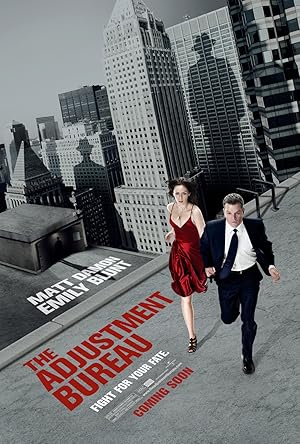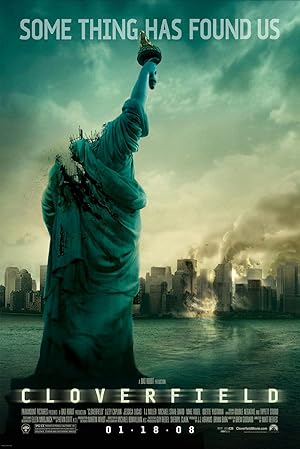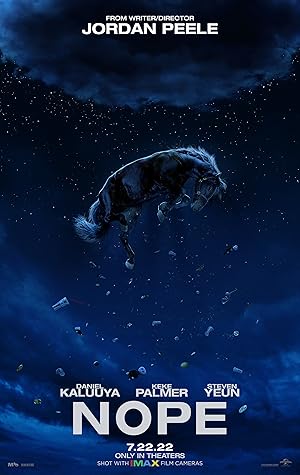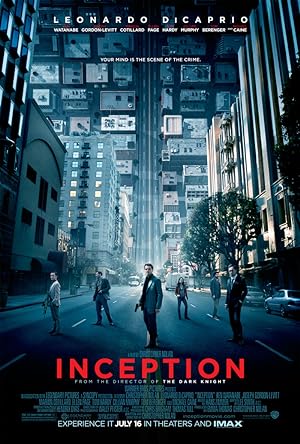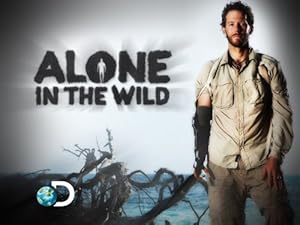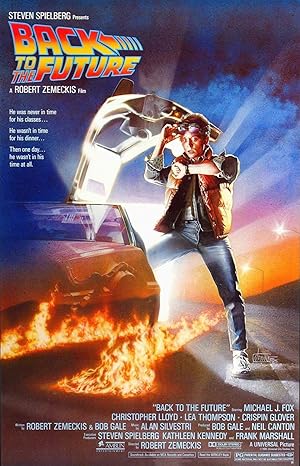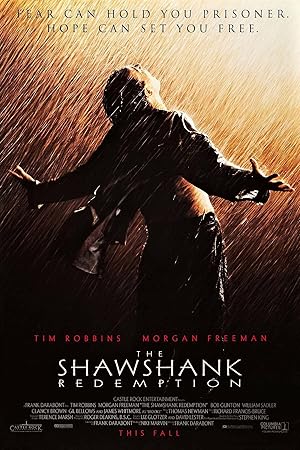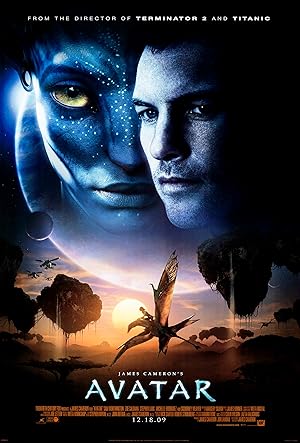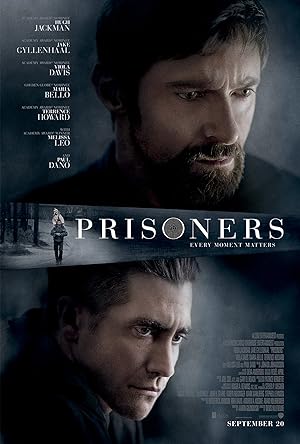Elcano & Magellan: The First Voyage Around the World (2019)
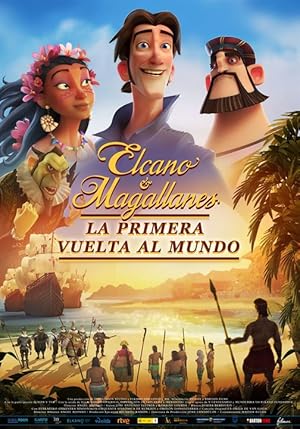
- HD 1080
- Runtime: 85m.
- Status: Released
1
- Languages: eu
- Country: Spain
- Director: Ángel Alonso García
- Stars: Kiko Jáuregui, Iñaki Bearetxe, Aintzane Krujeiras, José Vera, Ander Vildosola
- keywords: portugal, journey around the world, based on true story, 16th century, spanish history, hispanic monarchy (spanish empire), age of discovery
- Production_studio: Dibulitoon Studio
- Slogan: Haul anchors! Hoist sails!
The first journey around the world began under the command of Ferdinand Magellan and was concluded by Juan Sebastián Elcano. Five boats left Seville on September 20, 1519. Storms, famine, tribes… Three years later, only one made it back. An incredible adventure around the planet whose roundness was finally proven.
